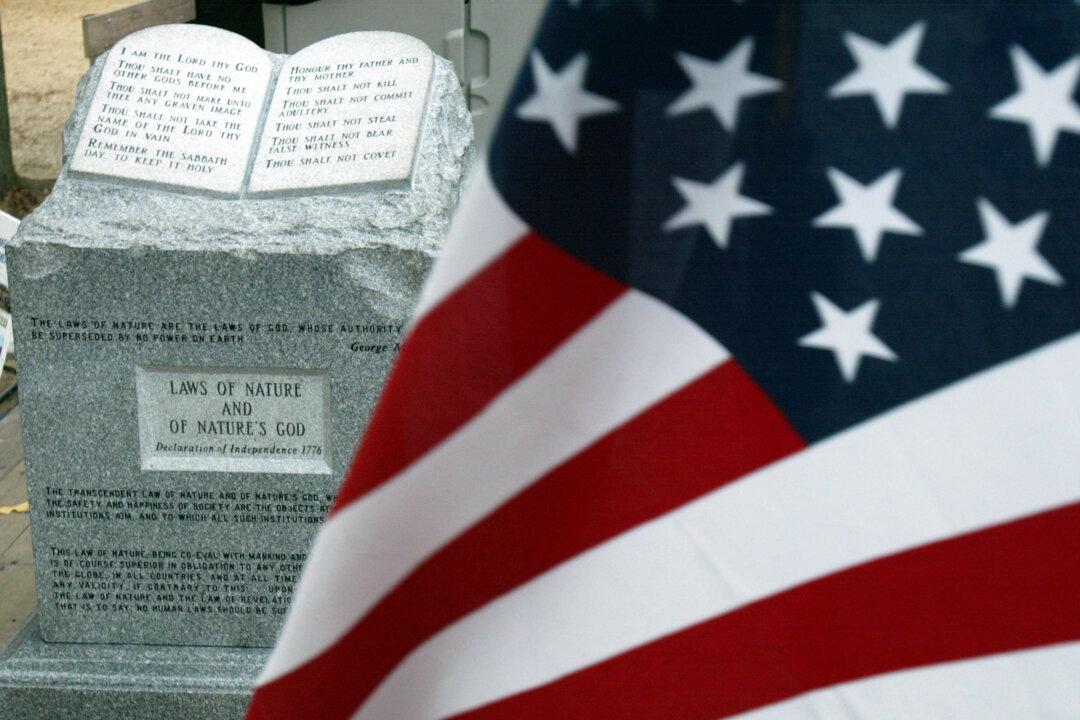Louisiana is at the verge of of becoming the first state to enact a law mandating that the Ten Commandments be prominently displayed at all public schools and colleges.
The Republican-backed measure is currently being weighed by the Louisiana House after clearing the Senate by a 30-8 margin on May 16, with all but a few Democrat Senators voting against it. A final House action on the bill was originally set to take place on May 22 but was rescheduled for May 28.





